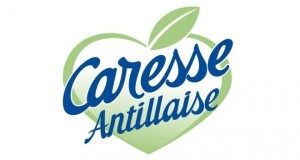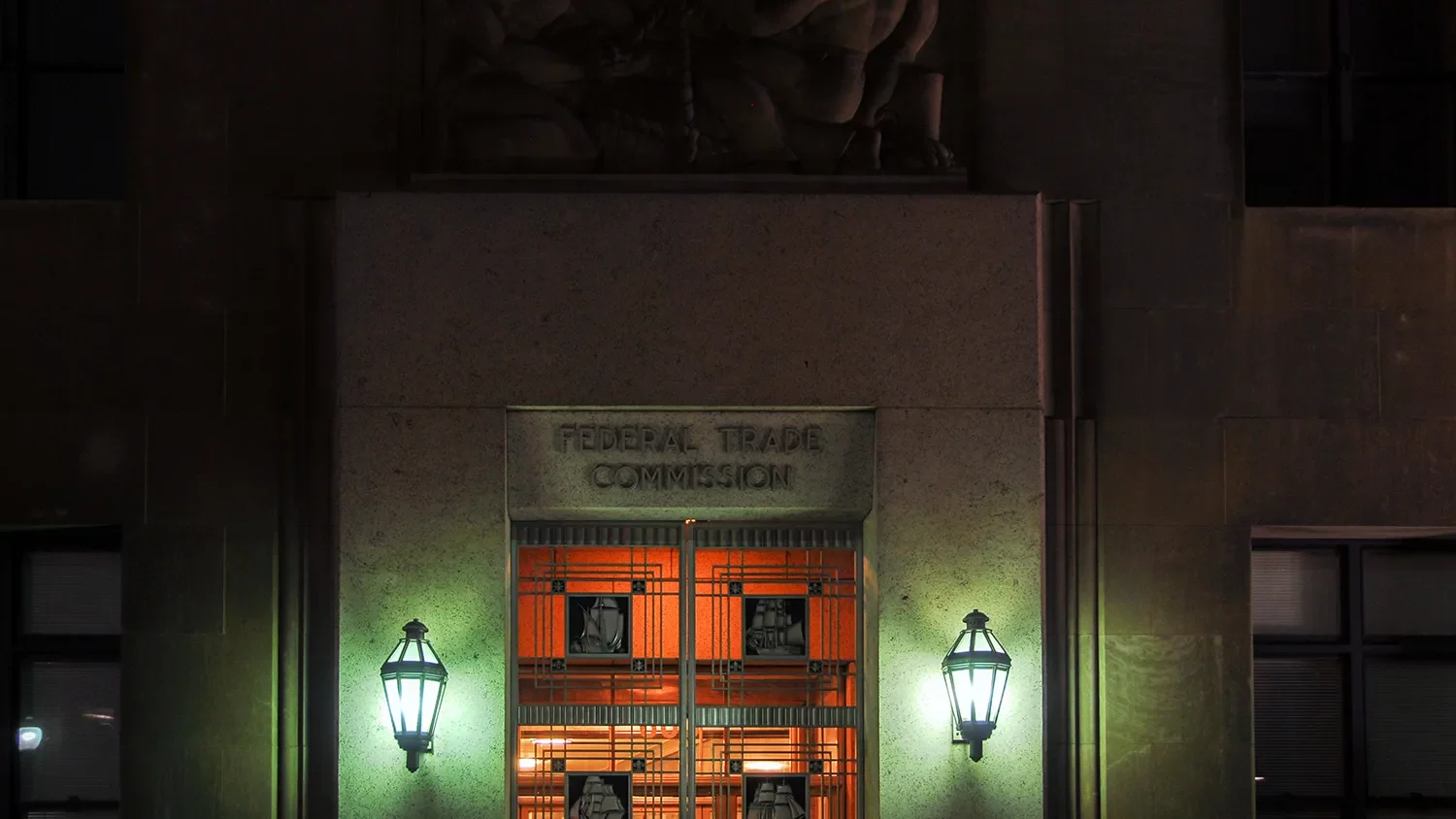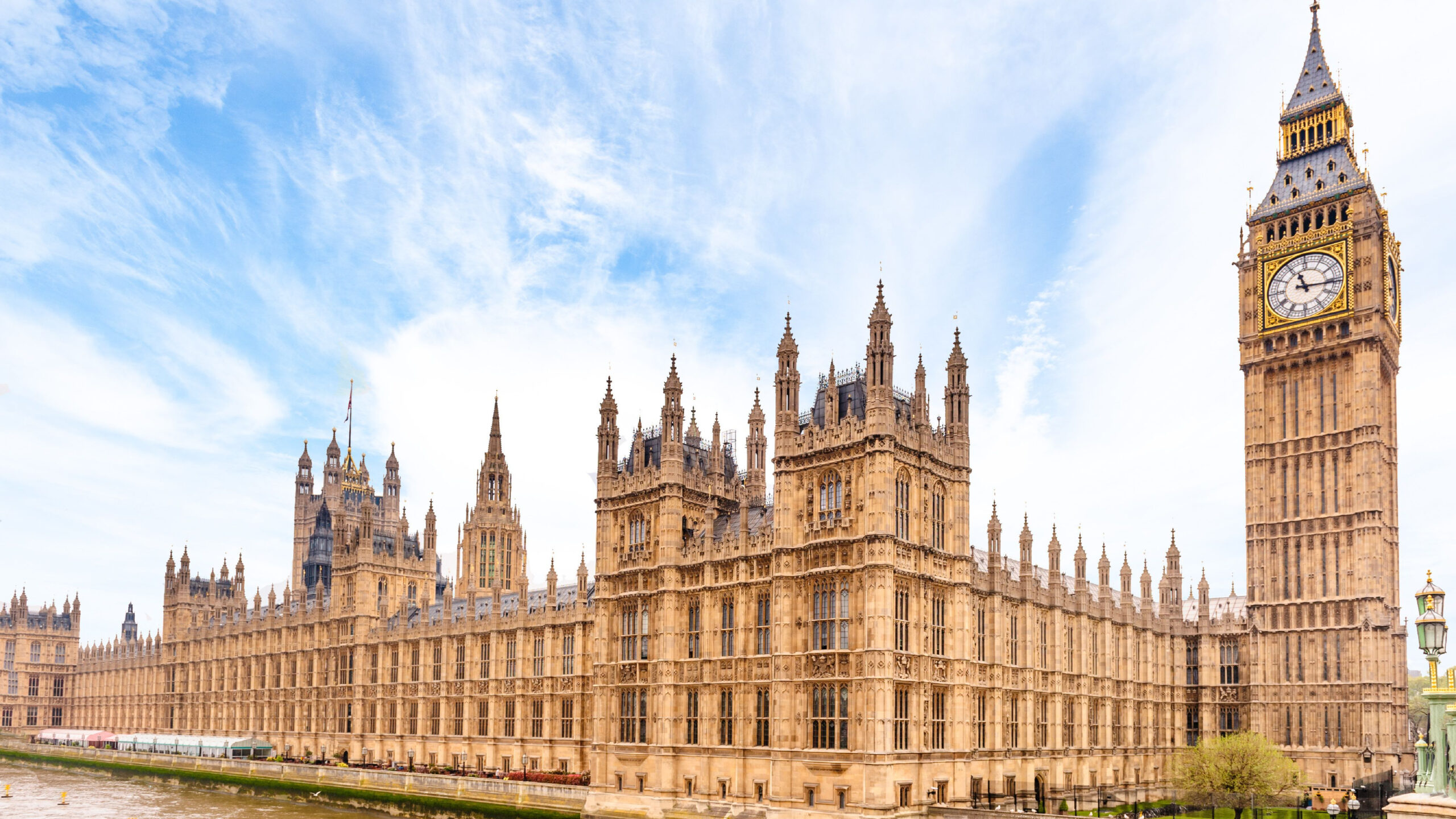There Go The French Again On Competition
Last month a Paris appeals court annulled some €3.9 million (US$5.2M) in fines imposed on endive producers and their trade associations by the French Competition Authority (the Autorité de la concurrence). Not dissuaded, that French competition agency just slapped a €1.6M (US$2.1M) fine on Caribbean yogurt maker Societe Nouvelle des Yaourts de Littee (SNYL) for falsely questioning the safety and quality of a rival brand in Martinique and Guadeloupe, characterizing the practice as “abuse of dominance” in the marketplace. 
This epitomizes a fundamental disconnect between antitrust law and competition policy in the U.S. and that of many other nations. (No, the French are not alone…) American antitrust principles and decisions generally limit the reach of competition law — aside from competitor collision like price-fixing cartels — to business conduct that uses market power in an exclusionary manner. As the Supreme Court emphasized in 1993, “[e]ven an act of pure malice by one business competitor against another does not, without more, state a claim under the federal antitrust laws; those laws do not create a federal law of unfair competition or ‘purport to afford remedies for all torts committed by or against persons engaged in interstate commerce.'” In sharp contrast, the FCA reasoned about yogurt that “the dissemination of misleading and disparaging remarks by a dominant operator against one of its competitors is a serious practice with regard to competition rules.”
“Between December 2007 and December 2009, SNYL broadcast information discrediting the sanitary quality of Laiterie de Saint-Malo products using the questionable results of bacteriological tests and questioning the irregular consumption deadlines affixed to its products,” the FCA reported in a (translated) statement. This led a number of retailers to pull Malo products from shelves for an extended period. “This behavior had the effect of limiting product sales of Laiterie de Saint-Malo in Martinique and Guadeloupe — an abuse of dominant position prohibited by Article L 420-2 of the Commercial Code,” the FCA concluded.
In the United States, legal standards for proving antitrust claims are rightly rigorous; they are strict in order to reduce the risk that enforcement of the antitrust laws may chill the very sort of vigorous, competitive conduct they are intended to encourage. It’s been true for at least 35 years that the Sherman Act “is not a panacea for all evils that may infect business life.” Legendary antitrust law scholars Phillip Areeda and Herbert Hovenkamp have advocated a nearly insurmountable presumption against deception and fraud serving as the basis for a monopolization claim, a presumption most courts have readily embraced. As one court of appeals cogently explained, “[i]solated tortious activity alone does not constitute exclusionary conduct for purposes of a [Sherman Act] § 2 violation, absent a significant and more than a temporary effect on competition, and not merely on a competitor or customer…. Business torts will be violative of § 2 only in ‘rare gross cases.’”
The difference is that between competition and consumer protection, which are quite distinct concepts in American jurisprudence. If a firm uses a monopoly to harm competition without business justification, that’s an antitrust violation. If a firm lies about a competitor’s products or runs false advertising, that’s a deceptive business practice. The two legal regimes are directed at different constituencies and conduct, which is why the Federal Trade Commission Act was amended in the 1930s to add a separate provision (Section 5) for “unfair or deceptive” business practices, and why the FTC accordingly is separated into its two principal divisions: the Bureau of Competition and the Bureau of Consumer Protection. Likewise, the Lanham Act specifically prohibits false advertising and provides a damages remedy for injured companies. Thus, false representations around a firm’s own, or it’s competitor’s, products can be legally actionable, as the Supreme Court again ruled this year in a case about beverage labeling (Pom Wonderful v. Coca-Cola). They’re just not an antitrust violation in the United States.
Another difference is between harm to the competitive market overall and harm to an individual competitor. In America we tolerate the latter, indeed encourage companies to beat up on rivals, because the costs of regulating business behavior that injures a competing firm would likely eliminate the very vigorous price and market competition the antitrust laws are designed to promote. Hence the age-old U.S. aphorism that any antitrust offense requires harm to competition, not merely harm to competitors. Yet the French yogurt decision points to just one other firm being targeted and injured by the “questionable” bacteriological tests advertised, and with a 65% market share SNYL might not even be deemed to hold market power for U.S. Sherman Act purposes.
Both of these reflect profound differences in the purpose, scope and administration of competition laws. Yet as multinational American corporations face increased scrutiny from new competition regimes in China, Brazil and other developing nations, there will likely be more of them adopting the French and European Union approach, one more ambiguous and more open to populist, protectionist application than in the U.S. Even our northern neighbor Canada disagrees with United States antitrust doctrine, prohibiting (including with criminal penalties) representations to the public that are false or misleading in a material respect under the Canadian Competition Act.
American antitrust law is not perfect, and outlying decisions can occasionally be found. In 2013, for instance, a Texas federal jury awarded some $113M against Retractable Technologies under an antitrust theory for false advertising (on top of a Lanham Act verdict). Yet these anomalies are rare because the scope of discretion in antitrust enforcement, for private litigants as well as government enforcers, is narrow. On balance, as Rita Moreno sang in West Side Story, “I like to be in America.”








